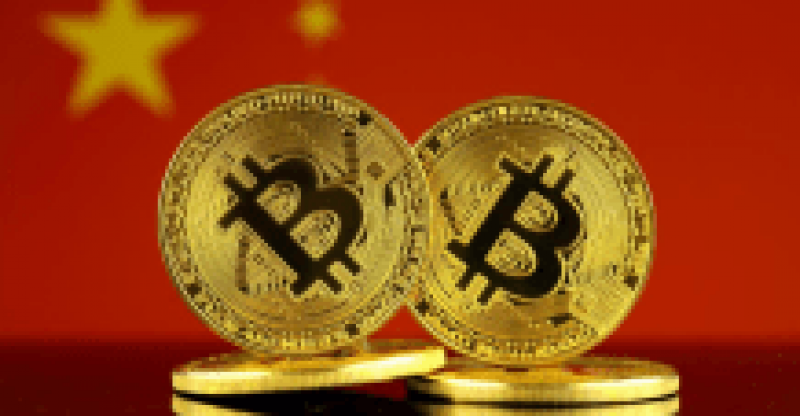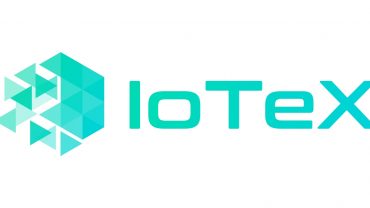Why You Should Not Pay Much Attention To China’s Regulation For Now
The swift development in Bitcoin price and mainstream adoption through the latter part of last year was apparently matched by an increase in scrutiny and reflection by government regulators in early 2018.
Many countries are still sitting on the fence, waiting to see how cryptocurrencies, and particularly Blockchain, can be utilized and employed within their laws and regulations, while some, most notably China, have forged ahead with a harsh and hardline approach. China has moved towards suppressing cryptocurrency in three stages, first banning ICOs, then exchanges, and finally blocking foreign cryptocurrency sites from its citizens with a massive firewall to try and nail the coffin shut.
However, the successes of outright bans and hardline regulation should really be questioned as Ronnie Moas, famed stock picker who has become somewhat of a champion for cryptocurrencies says that the fear and damage regulation does to the strength and price of Bitcoin is “only noise.”
Moas, sporting an eye-patch due to a diagnosis of Bell’s Palsy, a treatable a condition that causes temporary weakness or paralysis of the muscles in the face, spoke to Cointelegraph about the effect hardline regulation will have on cryptocurrency.
“I don’t pay too much attention to these [regulations]. It is only noise as far as I am concerned unless China, Russia, the US and South Korea come out with some explosive joint statement on the same day, I wouldn’t pay too much attention to this. Bitcoin is not going anywhere,” Moas said definitely: “There is a mind-boggling demand and supply imbalance and I expect it will drive the price to $50,000 or $100,000 over the next few years, regulation or no regulation.” He recommends not to overprice the value of China market:
“If China bans Bitcoin, 190 countries around the world are more than happy to buy whatever they are selling. If China dumps Bitcoin on the market, it goes on sale, and people will scoop it up in a fire sale, I am not worried about that. Look at what happened two weeks ago; something caused Bitcoin to drop to $6,000 and look where it is now, over $11,000; 80 percent in two weeks. You have to just disregard all the noise.”
Looking from the outside on a place like China, one does have to question if the government has been successful in eliminating Bitcoin with its hard-line regulations. Bitcoin price is on the rise, the general feeling globally is that the cryptocurrency space is a good one, and the technology continues to flourish. So, what is happening in China, or to be more correct, what are Chinese Bitcoiners and Bitcoin companies doing among the regulations?
Huobi, one of the largest cryptocurrency exchanges that was originally founded in China, is one Bitcoin company that was definitely affected by the regulations in China but is one that is making alternative arrangements. Herbert Sim, part of Huobi’s digital marketing team, spoke to Cointelegraph about how the company has had to deal with the crackdown. “Huobi Global main operations are now currently out of Singapore, with its other office across the global in major cities such as Hong Kong, Korea, Japan, and more recently in San Francisco,” he said, indicating that they can of course no longer directly operate from mainland China:
“Cryptocurrency is a completely new industry, one that governments from around the world are experimenting and figuring out how to govern it properly with policies in place. But as they are in the process of this experimentation, it is also up to the cryptocurrency exchanges themselves to first self-regulate.”
Essentially, Huobi has been able to roll with the punches in terms of the Chinese government’s rules, and instead of fighting to not be controlled, they are looking to impose their own safety checks and regulations to make them more appetizing to hard-lined regulators.” Robin Zhu, Chief Operating officer of Huobi, added:
“We have taken the initiative to launch user security and protection Initiatives such as the ’User Protection Fund’ and the ‘Security Reserve’; and a world first autonomous token listing exchange, HADAX; and increasing our Customer Service headcount to more than 250 people, across multiple time zones and multi-language support.”
So, it would seem, that in the case of Huobi at least, the China crackdown has not stunted their work, as they have pushed beyond the walls of the People’s Republic, and as Sim adds: “Our client base has still been steadily increasing on an exponential rate. Our China user database is still accessing as per normal as we are an international, global brand.”





